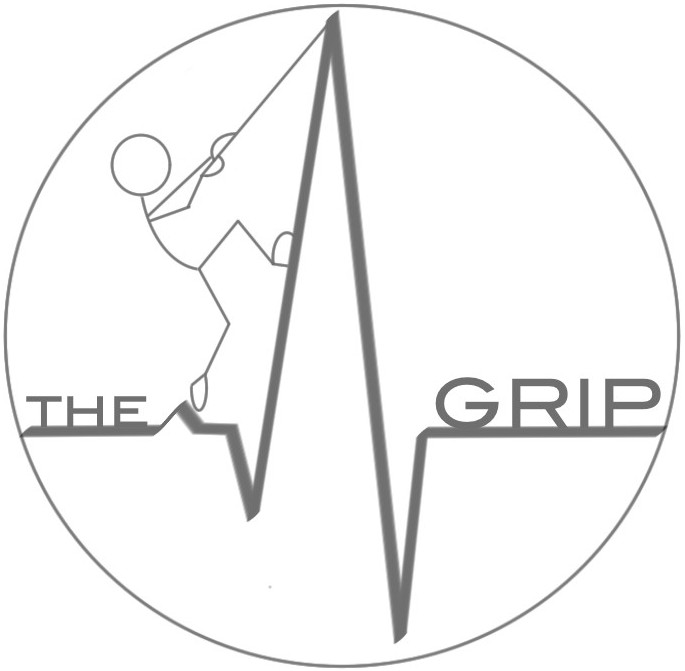Airway ultrasound to detect subglottic secretion above endotracheal tube cuff
Ultrasound J. 2023 May 6;15(1):23. doi: 10.1186/s13089-023-00318-5.
Osman Adi, Chan Pei Fong, Roslanuddin Mohd Sallehuddin, Azma Haryaty Ahmad, Kok Meng Sum, Zulrushdi Md Yusof, Gabriele Via, Guido Tavazzi
ABSTRACT
Background: Subglottic secretion had been proven as one of the causes of microaspiration and increased risk of ventilator-associated pneumonia (VAP). The role of ultrasound to detect subglottic secretion has not yet been established.
Purpose: The purpose of this study is to determine the sensitivity and specificity of upper airway ultrasound (US) in the detection of subglottic secretions as compared to computed tomography (CT) scanning.
Material and methods: A prospective observational study was carried out in adult trauma patients requiring mechanical ventilation and cervical CT scan. All patients had an endotracheal tube cuff-pressure maintained between 20 and 30 cm H2O. Airway US was performed at the bedside immediately before the patient was transferred to the CT scan suite. The sensitivity, specificity, and positive/negative predictive values (PPV, NPV) of the upper airway US detection of subglottic secretions were then calculated and compared with CT findings.
Results: Fifty participants were consecutively included. Subglottic secretions were detected in 31 patients using upper airway US. The sensitivity and specificity of upper airway US in detecting subglottic secretion were 96.7% and 90%, respectively (PPV 93.5%, NPV 94.7%). 18 (58%) patients with subglottic secretions developed VAP during their ICU stay (p = 0.01). The area under the receiver operating curve (AUROC) was 0.977 (95% CI 0.936-1.00).
Conclusions: Upper airway US is a useful tool for detecting subglottic secretions with high sensitivity and specificity.
Clinical implications: This study shows: 1. Upper airway US may aid in detecting subglottic secretions, which are linked to VAP. 2. Detecting subglottic secretions at the bedside aids in determining the best frequency of subglottic aspiration to clean the subglottic trachea. 3. Upper airway US may also aid in detecting the correct ETT position. Trial registration Clinicaltrials.gov.
Free full text here
